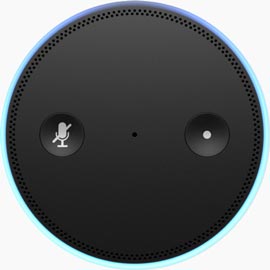
#34 - Preparing for the Concussion Evaluation
There are three significant factors to include in your concussion evaluation — objective tools to measure recovery, a concussion diagnosis plan, and recovery education for patients.
Baseline testing
In an ideal world, all patients would have baseline testing done before an injury. Because it records brain function in a healthy state, the baseline results can be used to assess progress. After a patient sustains a head injury, the same memory, visual, and spatial testing can be done to compare data side by side. This objective information can assist you when making treatment plans that are specific to your patient’s symptoms and needs.
Diagnosing a concussion
When it comes to diagnosing a concussion, there is no FDA cleared test that provides a diagnosis. It is up to you, the healthcare provider, to use different tools and medical equipment for concussion diagnosis and treatment. This can include:
- Neurocognitive testing
- Physical examination
- Balance screening
- Vestibular ocular examination
- Reviewing a concussion symptoms checklist
- Asking questions about the head injury and the current cognitive state
With concussion treatment and rehabilitation evolving over the years, make sure your patients understand their recovery process. You can properly set expectations by educating them about some of the most common myths like avoiding sleep after a head injury, extended periods of rest in a dark room, and long concussion recovery times.
For more information about these myths go to baselinetesting.com and download our concussion myths infographic.
OTHER FLASH BRIEFINGS YOU MIGHT FIND HELPFUL:

